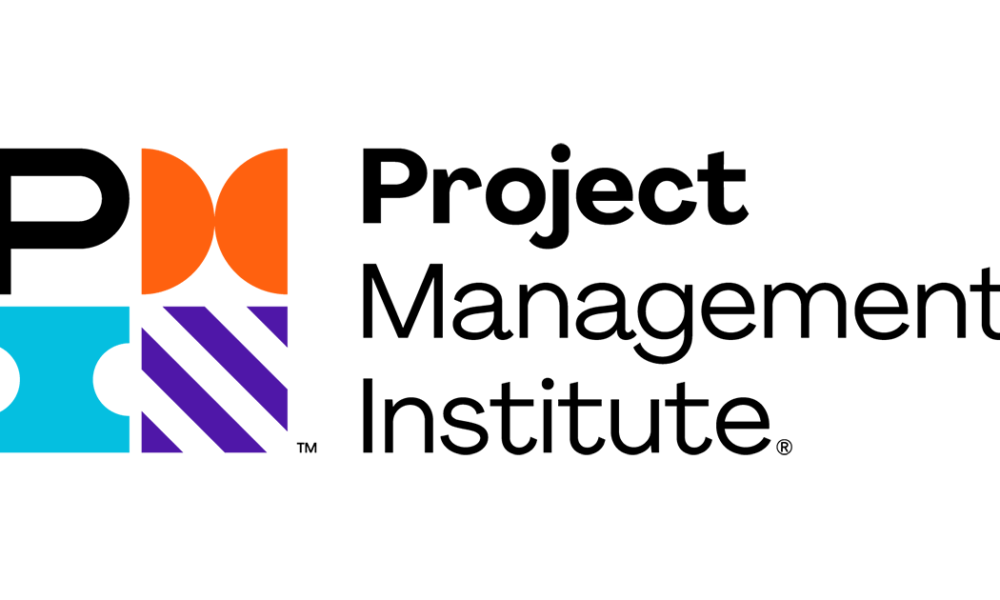Project Management Institute (PMI), the leading authority in project management committed to advancing the profession, is set to showcase its globally renowned certifications at the NOG Energy Week. Among the certifications to be highlighted are the gold standard, Project Management Professional (PMP®), and the PMI Construction Professional (PMI-CP®), which can be pivotal in enhancing the skills and career prospects of professionals in the oil, gas, and energy sectors.
The oil, gas, and energy sectors are inherently complex, with large-scale projects that require meticulous planning, execution, and control. They are also synonymous with high-risk endeavors and multiple stakeholders. Project management is the backbone of these operations, providing a structured approach to project delivery. It helps minimise risks, optimise resource utilisation, and enhance overall project performance.
As the sector evolves, guided by environmental considerations, regulatory demands, and technology, the need for proficient project management is becoming even more critical. Emerging trends like energy transition, GenAI, and low-carbon alternatives are driving a profound transformation in the sector, placing stronger emphasis on skills like proactive risk management, strategic planning, and effective communication.
These skills are demanded during every phase of the value chain, from exploration and production to refining and processing, construction, and offshore installations. Project managers oversee these phases, enhancing efficiencies by streamlining processes, minimising delays, and reducing costs.
“Project management is the cornerstone of success in managing the complexities of the oil & gas sector. With projects becoming increasingly ambitious, our globally recognised certifications ensure that project managers are equipped to meet the challenges of tomorrow, today, guiding projects from conception through completion with efficiency,” says George Asamani, MD, Sub Saharan Africa, PMI.
Geopolitical dynamics, macroeconomic trends, stricter policies and regulations, and the introduction of new technologies continue to shape the energy landscape. Against this backdrop, hiring certified project managers should be a strategic imperative for the sector. Their expertise spans critical areas such as strategic decision-making, risk management, and adaptability to change, all of which are indispensable to the sector.
Studies consistently show that PMP certification holders earn higher median salaries than those without PMP certification, 33% higher on average across the 21 countries surveyed in the 13th Earning Power: Project Management Salary Survey. PMP-certified project professionals in Nigeria demonstrated an even greater lift, reporting an increase of 60% in median salary compared to their non-certified peers.
The global energy sector employs more people today than it did in 2019, primarily driven by growth in clean energy, which now provides more jobs than fossil fuels. Since 2022, total employment in the energy sector has risen to nearly 67 million, an increase of 3.4 million. According to the World Energy Employment 2023 report, most of these new jobs are in construction and manufacturing.
“Globally, wasteful expenditure in the construction sector amounts to $127 million on every $1 billion spent on projects,” adds Asamani.
“Our research of project management professionals in the construction sector found that 70% of projects experience scope creep, and 73% were over budget. The PMI-Construction Professional (PMI-CP) certification was designed to help construction professionals improve margins in the industry often plagued by cost overruns and project delays and is our first industry-specific solution.”
It was developed in collaboration with construction industry leaders and consultations with project managers who faced the twin challenges of balancing technology and talent. The Lean Construction Institute and the Construction Industry Institute were integral in the development, along with Saudi Aramco, the U.S. Department of Energy, DPR Construction, and BHP, amongst others.
Individuals keen to pursue the PMI-CP certification need three years of on-the-job experience (within the last ten years) in construction or built environment projects. To become PMI-CP certified, they must complete four foundational eLearning courses, Construction Contract and Risk Management, Construction Project Communications, Construction Interface Management, and Construction Scope and Change Order Management, and pass the capstone exam.
Candidates who complete three additional courses—Construction Execution Planning, Construction Technology and Innovation, and Construction Performance and Materials Management, can earn the PMI-Senior Construction Professional credential. This credential continues the PMI-CP journey, exposing the candidates to richer, deeper tools, processes, and techniques unique to construction.
“Construction is a critical component of energy projects, requiring precise coordination and management,” states Asamani. “Certifications ensure that project professionals are equipped to handle the complexities of construction-heavy projects, mitigating risks, managing resources effectively, and ensuring safety standards are upheld.”
PMI’s presence at the NOG Energy Week provides energy sector professionals access to advanced project management training and development, which is essential in navigating the sector’s rapid evolution towards sustainability. The first 1000 visitors to the PMI stand (G3) can secure discounts on PMI certifications, providing an extra incentive for early attendees.









